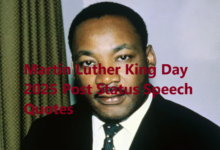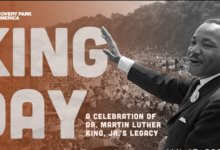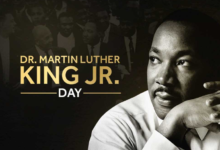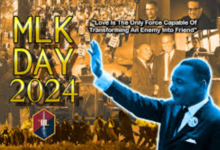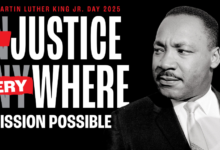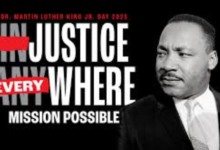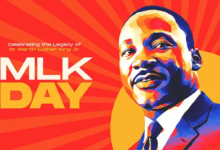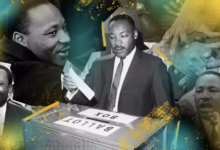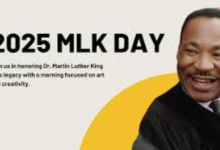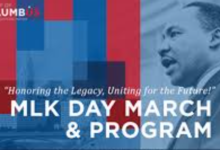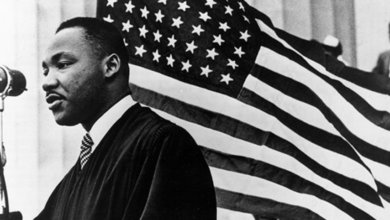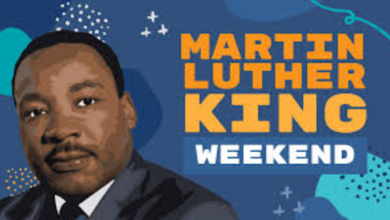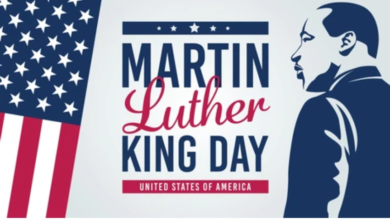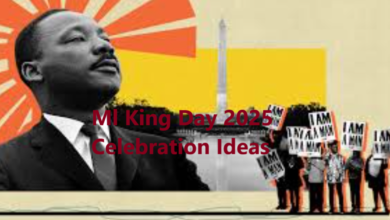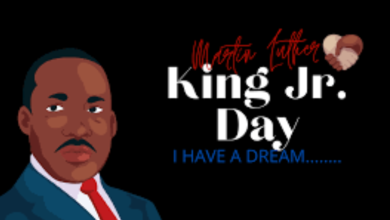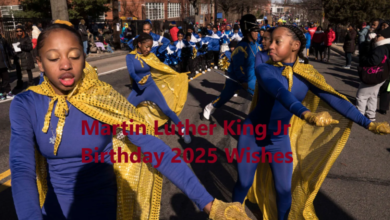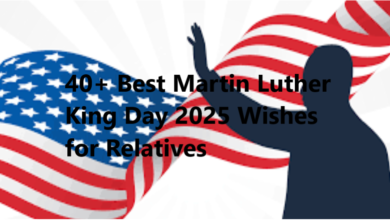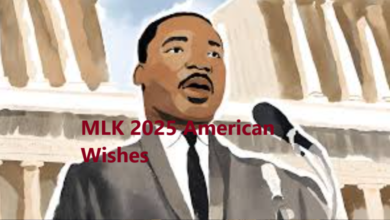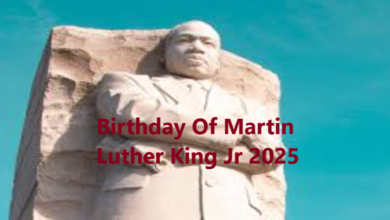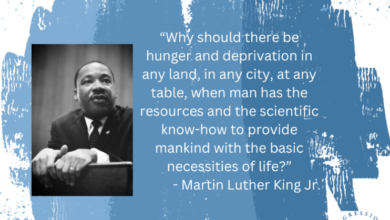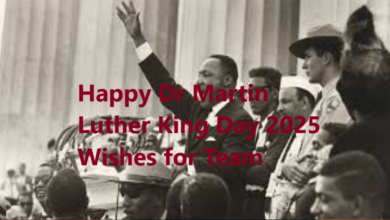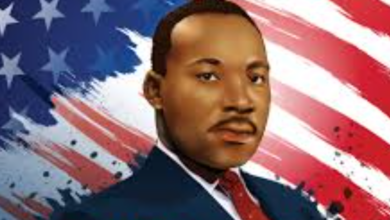Why is January 20th Martin Luther King Day?
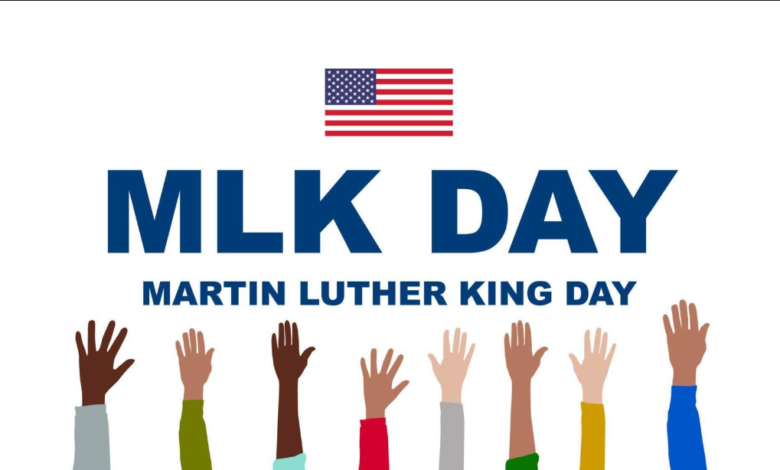
Martin Luther King Jr. Day, observed annually on the third Monday of January, honors the life and legacy of Dr. Martin Luther King Jr., one of the most prominent leaders of the civil rights movement. For 2024, the date falls on January 20th. But why is this day significant, and how did it come to represent Dr. King’s enduring impact on equality and justice?
This blog post explores the origins and significance of Martin Luther King Jr. Day, the historical importance of January 20th, and how this holiday continues to inspire action toward racial equality and justice.
The Legacy of Martin Luther King Jr.
Dr. Martin Luther King Jr. was a Baptist minister, social activist, and Nobel Peace Prize laureate who dedicated his life to fighting racial discrimination through nonviolent civil disobedience. From organizing the Montgomery Bus Boycott to delivering his unforgettable “I Have a Dream” speech during the 1963 March on Washington, Dr. King played an instrumental role in pushing the United States toward noticeable progress in civil rights.
His work led to legislative achievements such as the Civil Rights Act of 1964 and the Voting Rights Act of 1965. Tragically, Dr. King’s life was cut short when he was assassinated on April 4, 1968, but his vision and values continue to resonate worldwide.
Why January?
Dr. King’s birthday, January 15th, serves as the inspiration for Martin Luther King Jr. Day. However, rather than anchoring the holiday to a fixed date, Congress decided to align it with the third Monday of January to provide a long weekend for working Americans and to allow broader participation in events commemorating his legacy.
The date often—but not always—falls close to Dr. King’s actual birthday. For instance, in 2024, January 20th is the specific day of commemoration. This flexible structure means that the holiday celebrates not just a date, but a collective moment for reflection and activism.
The Path to a National Holiday
The road to making Martin Luther King Jr. Day a federal holiday was fraught with challenges, reflecting the tensions surrounding civil rights in America even decades after Dr. King’s death.
Initial Push for Recognition (1968-1983)
Soon after Dr. King’s assassination, U.S. Representative John Conyers and Senator Edward Brooke introduced a bill to establish a federal holiday in his honor. However, opposition—including concerns over cost and a reluctance to single out one individual—stalled progress for years.
It wasn’t until intense lobbying efforts led by the King Center and widespread grassroots support, including Stevie Wonder’s iconic song “Happy Birthday” and a 6 million-signature petition, that momentum grew.
On November 2, 1983, President Ronald Reagan signed the holiday into law, designating the third Monday of January as Martin Luther King Jr. Day. The first official observance took place on January 20, 1986.
Widespread Adoption
Even after becoming a federal holiday, many states resisted acknowledging Martin Luther King Jr. Day. Some states combined it with other celebrations, and others renamed it. It wasn’t until 2000 that all 50 states officially recognized the day as Martin Luther King Jr. Day.
What Does Martin Luther King Jr. Day Symbolize?
Martin Luther King Jr. Day goes beyond remembering a single individual. It’s a reminder to continue the pursuit of equality, justice, and nonviolence that Dr. King championed.
For many, this day serves as both a commemoration and a call to action. Whether organizing marches, volunteering in communities, or reflecting on how to dismantle systems of injustice, the holiday encourages everyone to contribute to Dr. King’s dream in meaningful ways.
The Day of Service
Martin Luther King Jr. Day is also known as a Day of Service. Inspired by Dr. King’s belief that “everybody can be great because everybody can serve,” people across the nation come together to volunteer and give back to their communities on this day. From mentoring youth to cleaning neighborhoods or providing food for those in need, the acts of service help transform the holiday into a living tribute to his values.
An Undeniable Legacy
The values Dr. King embodied—hope, love, equality, and courageous leadership—remain as vital today as they were in the 1960s. The holiday serves as an annual checkpoint, asking individuals and communities to reflect on the progress made toward racial equity and the work that still lies ahead.
Celebrating Martin Luther King Jr. Day Today
Whether you’re observing the holiday in 2024 or in years to come, there are many impactful ways to honor Dr. King’s legacy:
- Participate in a Day of Service: Volunteer your time to a local cause or organization. Check platforms like VolunteerMatch for opportunities.
- Attend Educational Events: Many schools, churches, and community organizations host lectures, workshops, or film screenings focused on civil rights.
- Visit Historical Sites: Consider visiting landmarks like the Martin Luther King Jr. National Historical Park in Atlanta, Georgia, to experience his legacy firsthand.
- Read and Reflect: Take time to read Dr. King’s speeches or books, particularly “Letter from Birmingham Jail” or “Strength to Love.”
- Engage in Conversations: Discuss race, equality, and justice with your community to better understand and create solutions for current challenges.
Quotes to Reflect On
Dr. King’s words remain timeless. Here are some to inspire your celebration of this day:
- “Life’s most persistent and urgent question is, ‘What are you doing for others?’”
- “Darkness cannot drive out darkness; only light can do that. Hate cannot drive out hate; only love can do that.”
- “The time is always right to do what is right.”
